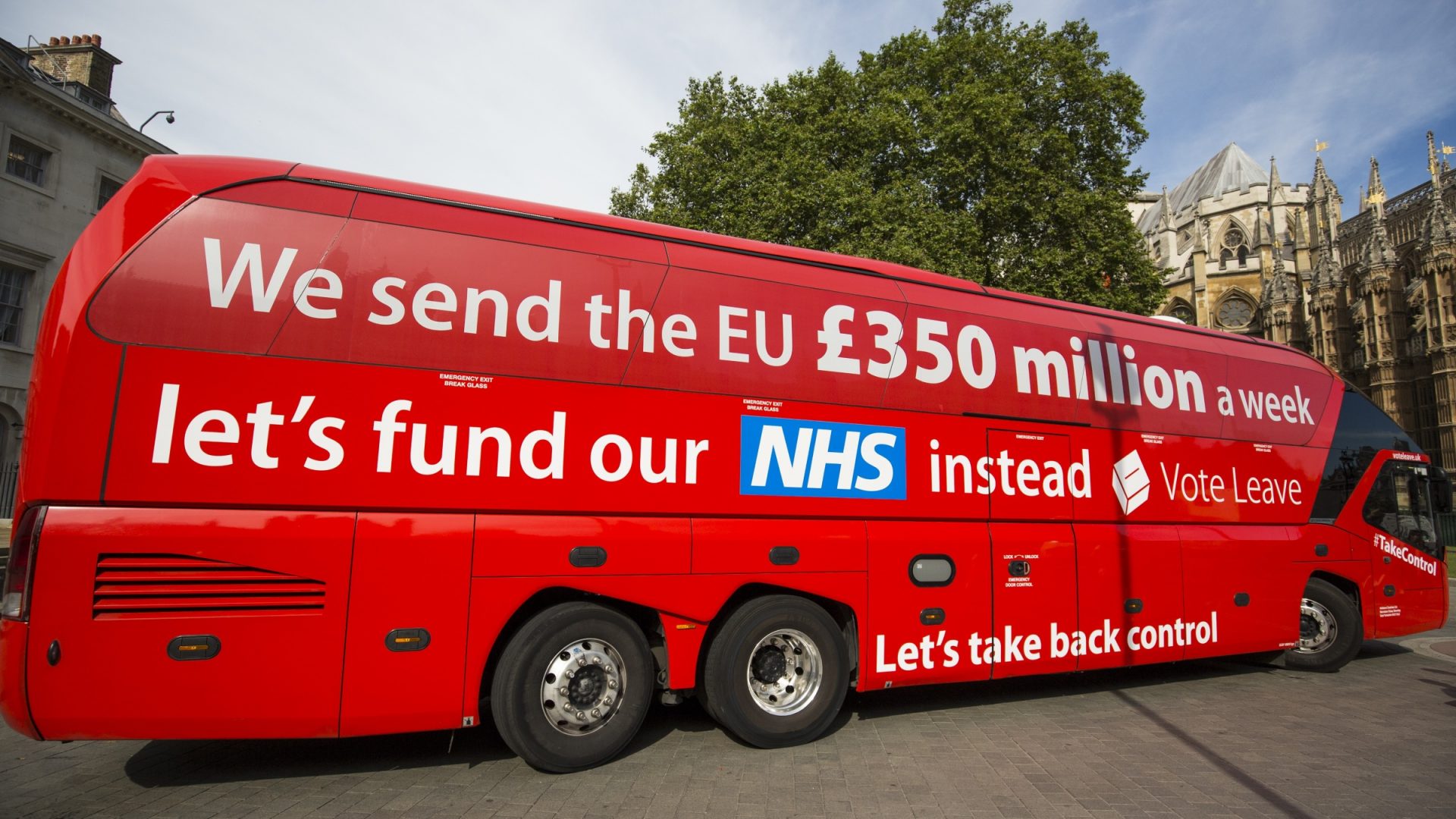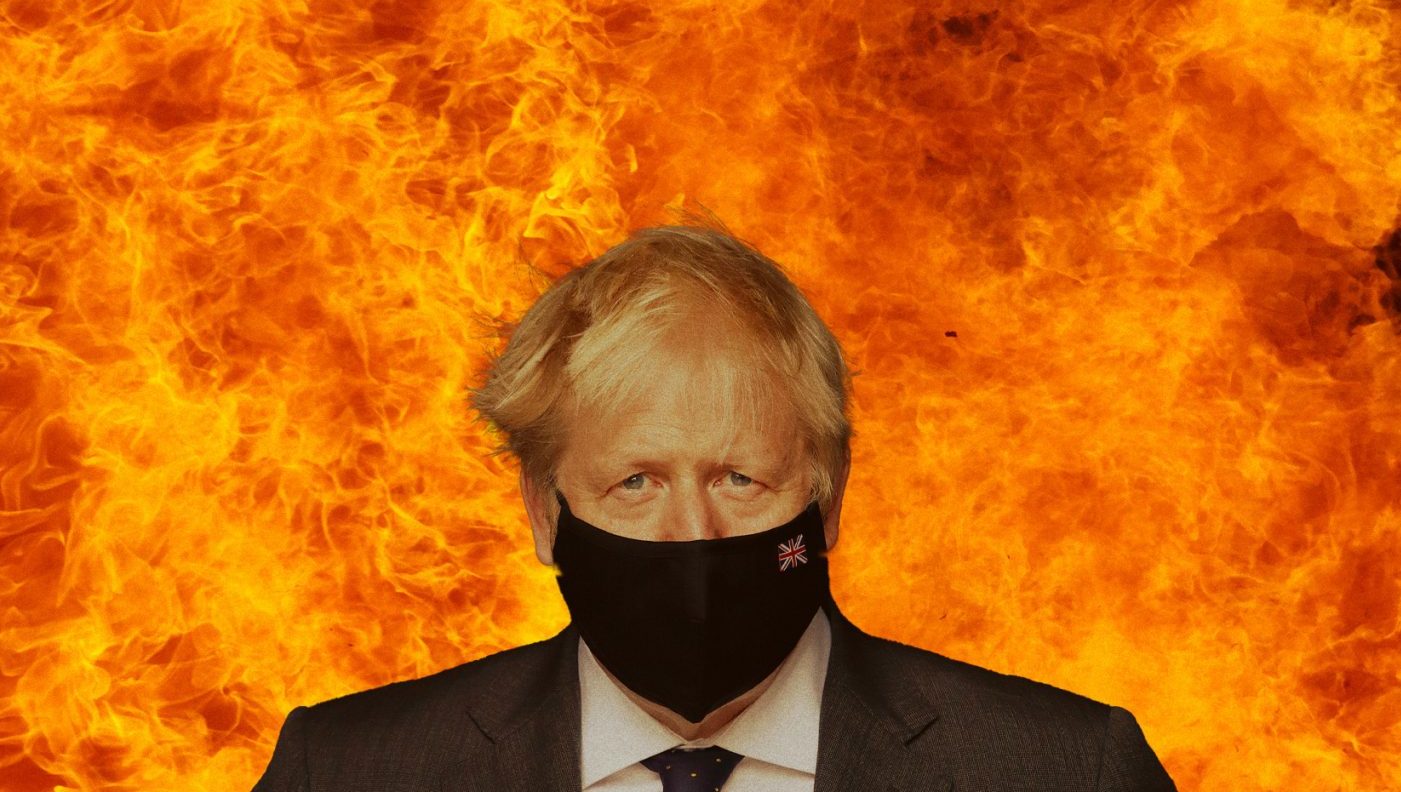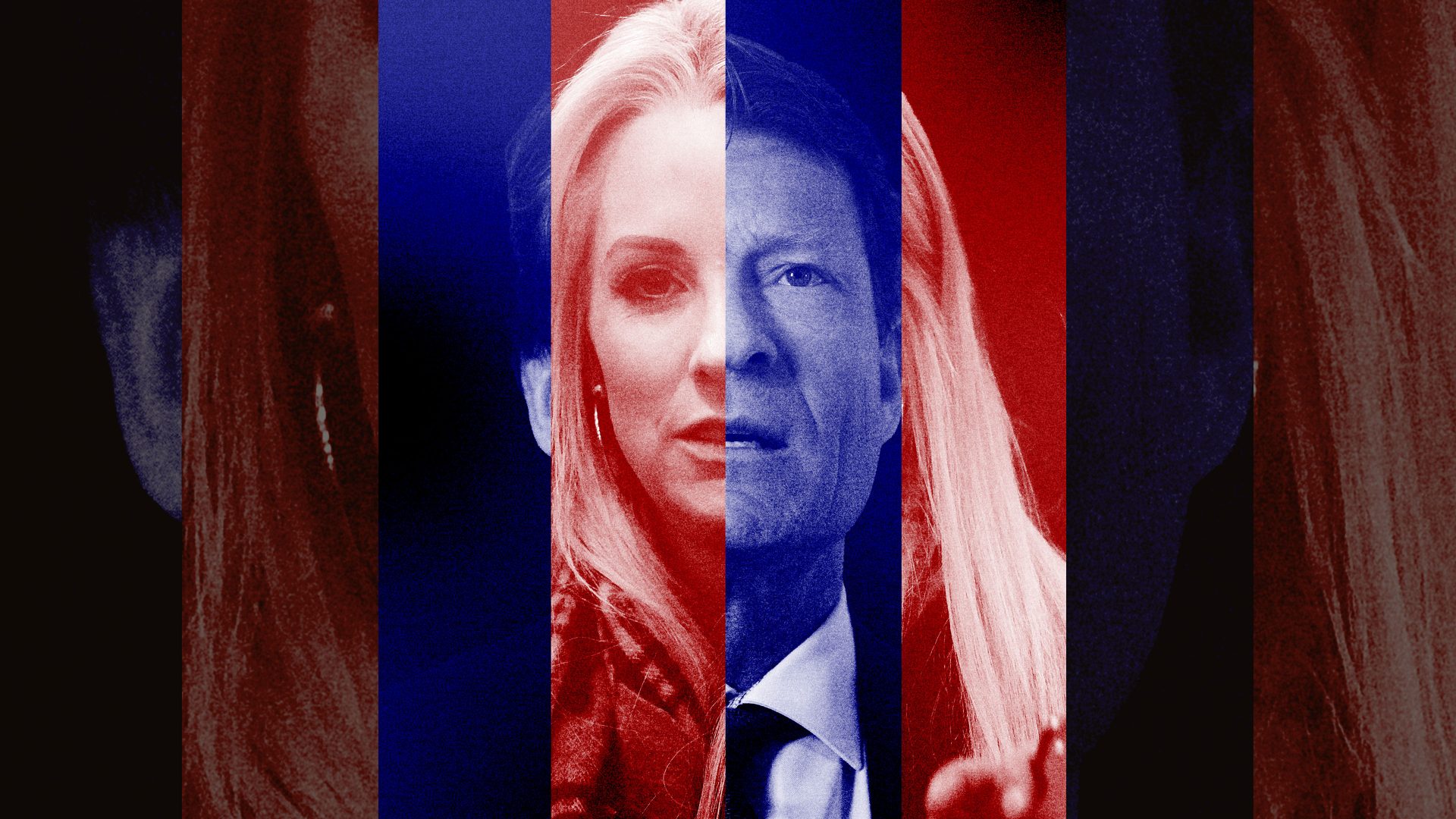- “We send the EU £350m a week. Let’s fund our NHS instead”
Vote Leave’s red bus throughout the campaign
When it came to Vote Leave’s killer slogan of the 2016 referendum campaign, Dominic Cummings wrote: “Would we have won without £350m/NHS? All our research and the close result strongly suggests No”. It also happens to be untrue: the UK did not send the EU £350m a week. First, the figure did not include the rebate negotiated by Margaret Thatcher in 1984 and second, even if it had, it didn’t take into account the money that flowed back from the EU, such as that under the Common Agricultural Policy and regional investments for deprived areas.
In May 2016 the UK Statistics Authority said it was “disappointed” by Vote Leave’s use of the figure, saying: “As we have made clear, the UK’s contribution to the EU is paid after the application of the rebate… The continued use of a gross figure in contexts that imply it is a net figure is misleading and undermines trust in official statistics.” Not that it has ever stopped Boris Johnson doubling down on it – in 2017, he was still writing: “We will take back control of roughly £350m per week. It would be a fine thing, as many of us have pointed out, if a lot of that money went on the NHS.”
Regardless, all but the fringiest of economists believe the impact on the economy of changes to trade post-Brexit dwarf the UK’s contribution to the EU’s budget.
2. “Turkey (population 76 million) is joining the EU. Vote Leave, take back control”
Vote Leave campaign poster published on May 23, 2016
This incendiary claim insinuated that Turkey was about to join the EU and that freedom of movement rules would mean its entire population would soon have the right to live and work in the UK. Then the defence minister, Penny Mordaunt, claimed: “This will not only increase the strain on Britain’s public services, but it will also create a number of threats to UK security. Crime is far higher in Turkey than the UK. Gun ownership is also more widespread. Because of the EU’s free movement laws, the government will not be able to exclude Turkish criminals from entering the UK.”
However, Turkey was no more about to join the EU in 2016 than it is now. Although talks started in 2005, progress has been incredibly slow (and things have gone backwards recently due to President Erdoğan’s constitutional reforms). In a bonus lie, Boris Johnson would later claim he never mentioned Turkey during the campaign, despite telling the Daily Express in April 2016: “I am very pro-Turkish but what I certainly can’t imagine is a situation in which 77 million… of Turkish origin can come here without any checks at all.”
3. “Absolutely nobody is talking about threatening our place in the single market”
Daniel Hannan, then Conservative MEP, now peer, May 12, 2015
Hannan was one of a number of leading Brexiteers who promised single market access for UK business after leaving the EU, only to then insist on the hardest possible Brexit imaginable. Theresa May confirmed in January 2017 that Brexit meant leaving the single market, saying remaining in it “would mean being bound by EU laws. That would mean in practice not leaving the EU”. As a result, billions of pounds a year in red tape has been created, delays and border checks have been imposed, access to the huge economy on our doorstep has been cut and the attractiveness of Great Britain as a place to set up a European base has been destroyed.
And, as if to demonstrate the great benefits of single market membership, May’s successor-but-two, Brexiteer Rishi Sunak, travelled to Northern Ireland in February following his signing of the Windsor Framework with the EU to say: “Northern Ireland is in the unbelievably special position, unique position in the entire world, the European continent; in having privileged access, not just to the UK home market, which is enormous, the fifth-biggest in the world, but also the European Union’s single market. Nobody else has that.”
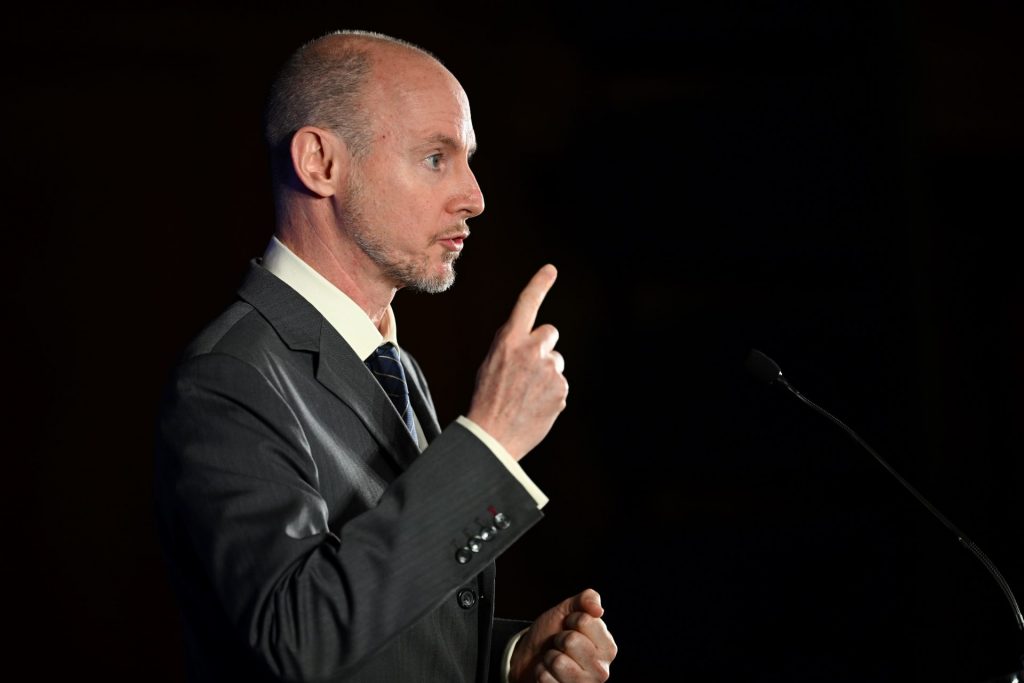
4. “We can take back control over UK waters, set our own fishing policies, and support our fishermen”
Boris Johnson, June 2016
Technically it can be argued that the UK now has control over its own waters and sets its own fishing policies. But it doesn’t alter the fact that fish caught by UK boats is mainly exported to the EU, and the fish we eat is imported.
According to research by the House of Commons library, 60-80% of UK domestic landings are exported. That includes fish popular on the continent like herring, mackerel and shellfish. Meanwhile, cod, haddock, tuna, salmon and prawns account for around 70% of all fish consumption in the UK and represent a significant proportion of our fish imports. With the UK now outside the Common Fisheries Policy, all UK exports now have to have health certificates, catch certificates and customs declarations.
While the UK has increased its fishing quota share in talks with the EU (largely due to healthier fish stocks, not Brexit), the industry calculates that the added costs far outweigh the larger quotas, and it is therefore losing £79.5m a year because of Brexit. Add to that a shortage of labour (“There is an issue with getting British people to work in processing factories, where you have the smell of fish and it is 10 degrees,” says Arina Motova-Surmava, chief economist at Seafish) and it is difficult to argue that the industry is being supported.
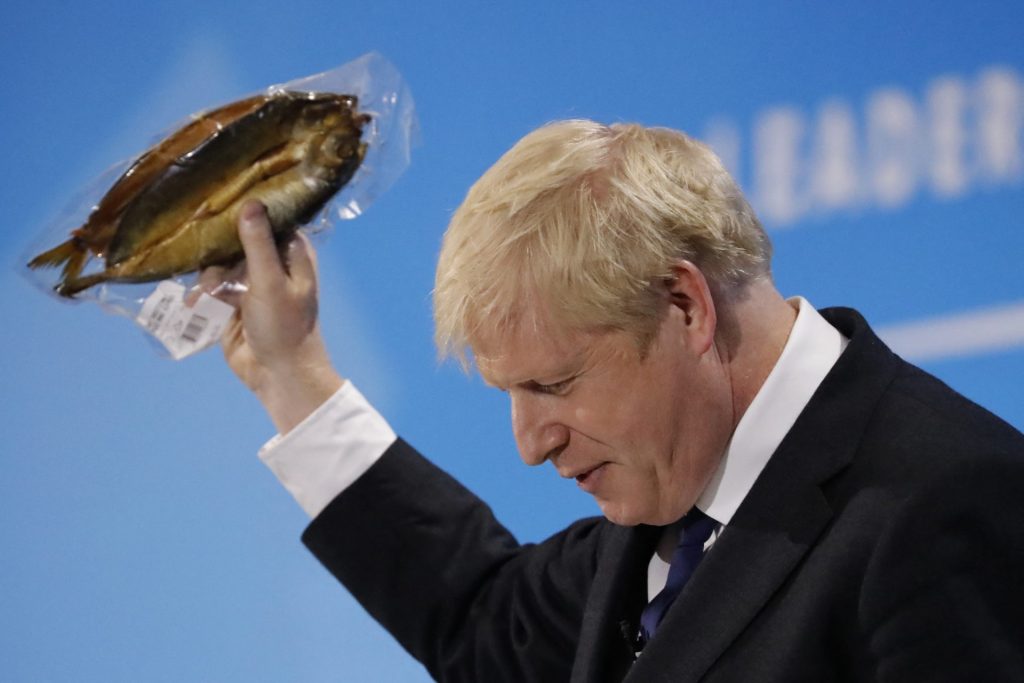
5. “Britain will be forced to join an EU ARMY unless we leave, says Armed Forces Minister”
Penny Mordaunt, Sunday Express, May 29, 2016
“The minister in charge of Britain’s military has become the first member of the government to confirm that if the UK remains under Brussels control it will be forced to join an EU army,” wrote the paper’s political editor, David Maddox, adding: “It also follows further shocking revelations that a plan to create it will be tabled the day after the [sic] Britain’s EU referendum in a bid to keep the nightmare scenario hidden from British [sic].”
There was no prospect of Britain being forced to join an EU army, and nothing in the article supported the notion of a plan being tabled the day after the referendum. The UK could not have been “forced” to participate in EU military policies even if we had stayed in – the European Commission cannot propose laws about security or defence and, on issues like this, member countries in effect have a veto.
The EU does have various policies for defensive and security cooperation, with the UK, when within the bloc, choosing to participate in military operations through the Common Security and Defence Policy, but not the Permanent Structured Cooperation, a strategy that aims to “jointly develop defence capabilities and make them available for EU military operations”.
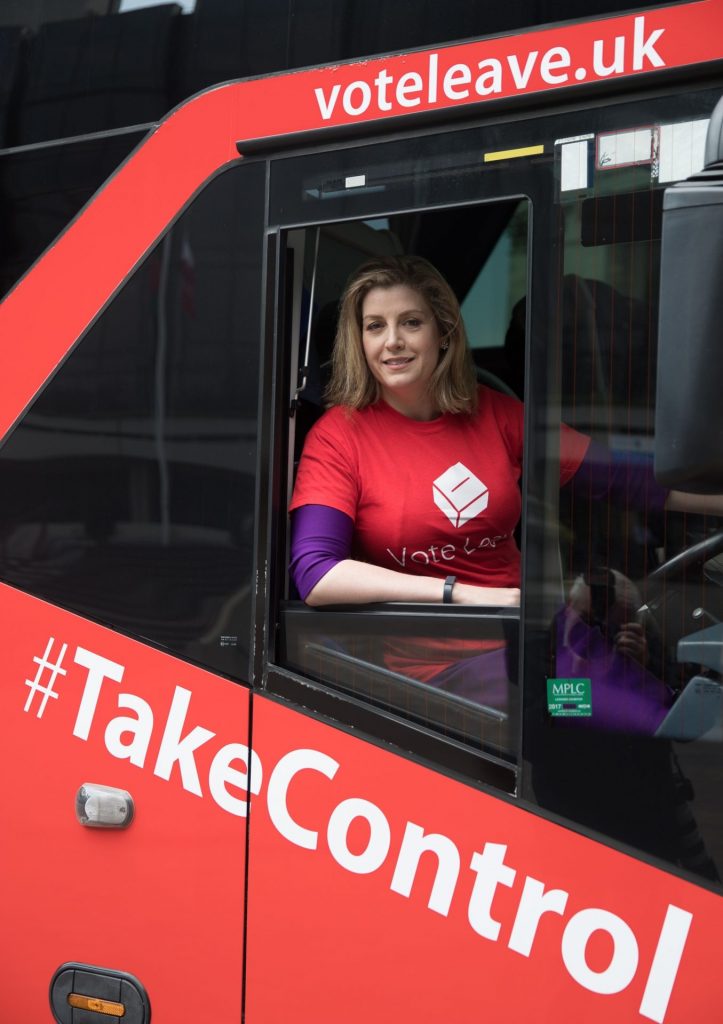
6. “The UK government will continue to give farmers and the environment as much support – or perhaps even more – as now”
Agriculture minister George Eustice’s speech at the launch of Farmers for Britain, March 23, 2016
The EU’s much-derided Common Agricultural Policy, designed to support the farmers who keep Europe fed, doles out two kinds of subsidy payments. Most of its money goes on supplementing farmers’ incomes so they can improve production, and a much smaller proportion on funding positive environmental action. Post-Brexit, the UK government replaced this with a scheme under which most of the money is spent rewarding environmental improvements. Improving soil quality, creating new hedgerows and planting more trees are all laudable, but beyond the scope of some farmers. Subsidies for many farms have been slashed as a result.
Chris Short, associate professor in environmental governance at Gloucestershire University’s Countryside and Community Research Institute, told TNE earlier this year that the subsidy schemes were so complex and the paperwork so demanding that many farmers would not apply. “The consequence of that,” he warned, “is that in effect the Treasury will see that farmers are not interested and that the £2.4bn that has been allocated up to 2024 will be re-allocated elsewhere.”
7. “Believe me, we’ll have up to 40 [free trade agreements] ready for one second after midnight in March 2019”
The international trade secretary, Liam Fox, Conservative Party conference, October 2017
Liam Fox did not have 40 free trade agreements ready before one second after midnight in March 2019 (and nor did the UK leave the EU at that point). Seventy post-Brexit trade deals have been signed, but the overwhelming majority are simply roll-over agreements that continue pre-Brexit arrangements – essentially changing the acronym ‘EU’ to ‘UK’.
The new deals that have been most touted by ministers include agreements with Australia (estimated to increase UK GDP by 0.08% or £2.3bn a year by 2035) and New Zealand (anywhere between 0.01% and -0.01%), and both of these are decidedly more beneficial to the Antipodean nations than to Britain: New Zealand commentators expressed incredulity the UK would agree to a deal that amounted to a “free for all” for New Zealand’s farmers.
Much-touted trade deals with India and the US are as far away as ever – the former stalled by arguments over visas, services and the scale, the latter (which a Sunday Express front page declared “done” as long ago as August 2019) in effect dead, the UK government resorting to negotiating tiny deals with individual states.
8. “The UK Shared Prosperity Fund will […] bind together the whole of the UK, tackling inequality and deprivation in each of our four nations”
Conservative Party Manifesto, 2019
Two flagship EU programmes were a lifeline for often left-behind communities in the years before Brexit. The European regional development fund (ERDF) and the European social fund (ESF) put €10.8bn (£9.26bn) into roads, factories and social inclusion projects in places including Wales, north-east England, Cornwall and the Isles of Scilly.
The Conservatives promised their replacement scheme would at least match the European programmes, but this hasn’t happened – the UK received the equivalent of £1.35bn a year under the old system, but December’s announcement of funds accounted for just under £870m a year on average. This is compounded further by the fact that there had always been other UK regeneration and social funds available alongside EU programmes, with principles such as “additionality” meaning that EU funding was designed to leverage match-funding from other public and private sources.
In May the charity Mencap said the funding was “not a replacement” for EU funding it had previously received, saying: “The priority of the ESF was to focus on social inclusion, it was working with the most marginalised and disadvantaged … the UK Shared Prosperity Fund does not do that.”
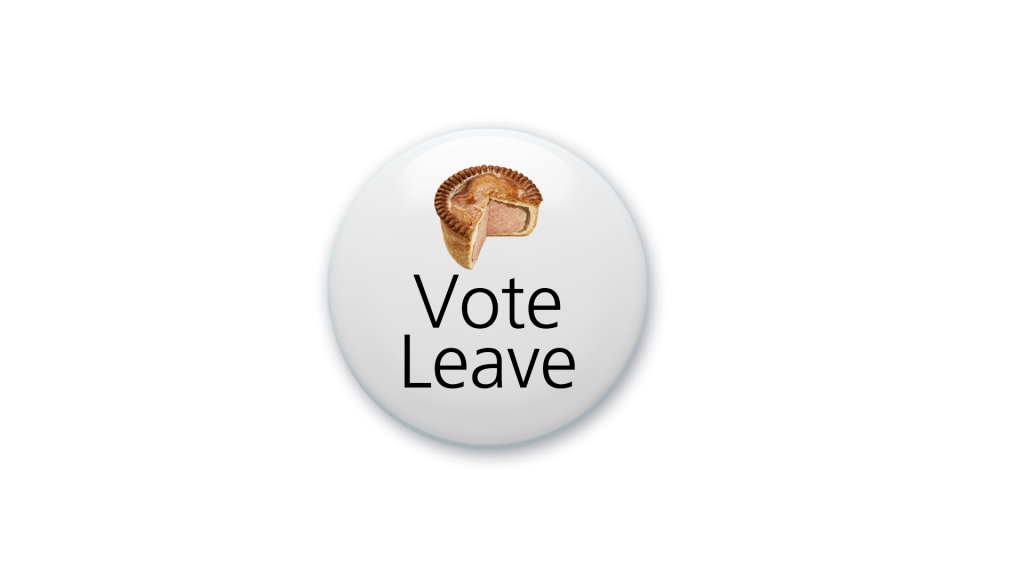
9. “Cheaper food AFTER EU exit: Consumer boost as experts now say that prices will come DOWN”
Daily Express, October 18, 2016
Brexit would see food become cheaper, the Express assured its readers in 2016, citing a report by former NFU chief economist and government adviser Sean Rickard that claimed leaving “would let the UK avoid the EU’s ‘costly agricultural regulations’ that are likely to make food prices shoot up”. And, it added, “quitting the EU would also make it easier for Britain to buy food from all around the world and bring down our prices more.”
As it stands, food inflation in the UK is currently running at 19.1% a year, the highest level in 45 years. It is western Europe’s worst overall inflation rate. It is exacerbated by Brexit, which has disrupted supply, undermined the road haulage industry and added piles of expensive red tape to every lorry-load of food, pushing up prices by 6%. Added to huge rises in energy, commodity and fuel prices caused by the war in Ukraine, it explains why UK inflation is so high.
And this is before checks on the quality, safety and origins of the food that enters the UK – delayed four times by ministers – are introduced. Take a producer of buffalo mozzarella in Italy. As of October 31 they will have to: learn the new UK rules; find a vet to certify goods on site, at a cost of €200 to €700 a time; find a specialist haulier; employ an agent to ensure the data gets on to the UK’s food import IT system, alongside customs declarations, at maybe €50 to €200 a time; and pay a new border inspection charge of up to £43 on every consignment. These new rules will add billions to import costs and many small EU exporters will decide it is not worth selling in the UK – thus raising prices.
“The decision by the disgraced Boris Johnson to take Great Britain out of the single market would make the country more vulnerable to supply chain disruptions. As we are now seeing, when shortages occur, entities within the market will be given preference over Britain,” wrote Sean Rickard earlier this year – the same Rickard approvingly quoted by the Express in 2016.
10. “Brexit means Brexit and we’re going to make a success of it”
Theresa May, running for the leadership of the Conservative Party, July 2016
They did not make a success of it.


